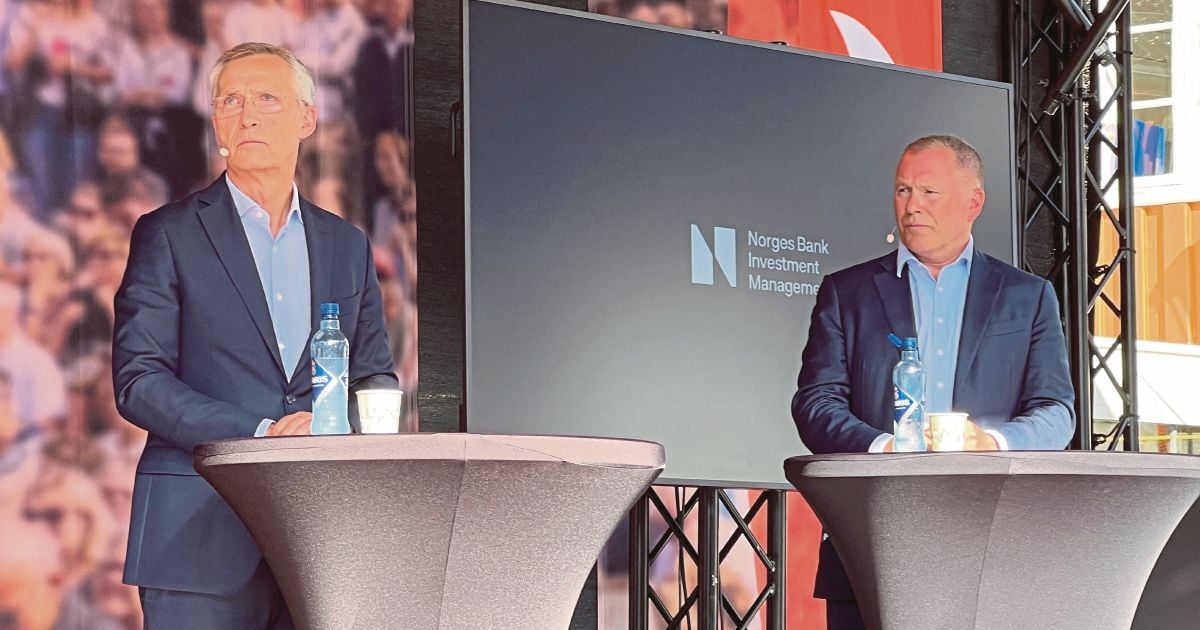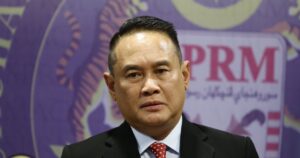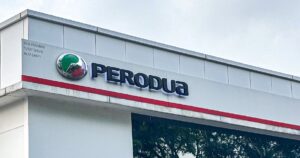INVESTMENTS in Israel have taken centre stage in Norway’s election campaign, sparking an unusually public debate over how the world’s largest sovereign wealth fund operates.
The row could help determine which political party leads Norway’s next government as the Sept 8 election race is tight.
Right-wing parties — the Conservatives, Progress Party, Liberals and Christian Democrats — are currently seen winning 85 seats — just one above the number needed to secure a majority in Parliament, an average of all polls conducted in August compiled by pollofpolls.no showed.
Turning up the heat on the incumbent Labour party, the left-wing Socialist Left said last week it would only support a future Labour government if it divested from all companies involved in what it called “Israel’s illegal warfare in Gaza”.
Labour has rejected the demand, but it may be difficult to reject such calls after the election.
“This is my worst-ever crisis,” Norges Bank Investment Management (NBIM) chief executive officer Nicolai Tangen told Swedish daily Dagens Industri. “This is a serious situation because it is about trust in the fund.”
Since June 30, the fund has divested from 23 Israeli companies following media reports it had built a stake in a jet engine company that provides maintenance for Israeli fighter jets.
During the war prior to that, the fund had divested from just two Israeli companies.
It held stakes in 38 companies worth 19 billion crowns as of Aug 14, in sectors including banking, tech, consumer goods and industrials, according to fund data.
More divestments are expected, said Finance Minister Jens Stoltenberg on Aug 18.
Advocates of divesting from Israel say Norway is contributing to the violation of international law by investing in companies active in the occupied Palestinian territories.
They also argue the fund’s formal divestment process, which follows ethics guidelines set by Parliament, takes too long, while supporters say it is necessary to be fair.
The fund invests Norway’s oil and gas revenue abroad so as not to overheat the domestic economy. Its US$2 trillion size is equivalent to US$355,000 for every Norwegian man, woman and child.
Traditionally, the four biggest parties in Parliament try to work to agree changes to the fund via a “supermajority” to avoid changes every time there is a change of government.
“The fund is now invested in close to 9,000 companies globally… the more visible this fund is out in the world, the higher the risk to its reputation,” said Mahmoud Farahmand, a lawmaker from the opposition Conservatives who sits on the parliamentary finance committee that oversees it.
While fund officials say they can navigate the current public challenges, they worry in private.
Reuters obtained the minutes from a Dec 6 meeting under a freedom of information request that has not been reported previously.
They show NBIM, the Council on Ethics and the Finance Ministry debated how to balance ethical investment while avoiding it being misinterpreted as hostile government action.
“Norges Bank pointed out… that states that own companies, especially in authoritarian regimes, could be a challenge for the fund in the future.”
In public, Stoltenberg has come under unusually harsh criticism from parliament’s highest supervisory organ, the Standing Committee on Scrutiny and Constitutional Affairs, for his responses to its questions.
“Instead of answering factual questions, the finance minister provides a lengthy lecture on matters the committee is well aware of,” its head, opposition lawmaker Peter Froelich, told public broadcaster NRK.
The fund follows ethical guidelines introduced in 2004 under Conservative finance minister Per-Kristian Foss and implemented by his left-wing successor, Kristin Halvorsen.
The guidelines stipulate, among other things, that the fund cannot invest in companies involved in serious violations of individuals’ rights in war or conflict situations.
“Public support for saving money this particular way is dependent on the ethical guidelines being followed,” said Halvorsen.
* The writer is from Reuters
© New Straits Times Press (M) Bhd






